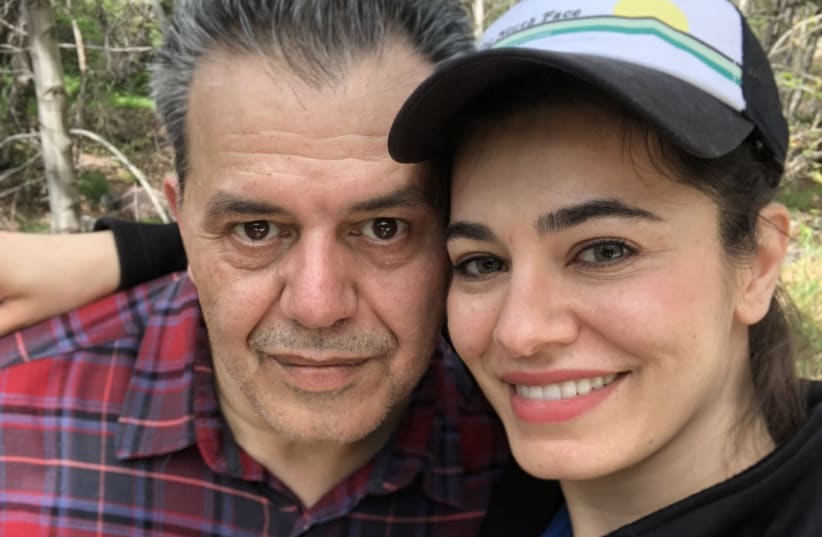After The Jerusalem Post sent press queries to Human Rights Watch last week and Iranians complained about the lack of action from HRW regarding the Iranian regime’s kidnapping of Jamshid Sharmahd, the New York City-based NGO urged the release of Sharmahd, a legal California resident and German citizen,who faces the death penalty in Iran and whose is health is deteriorating.
HRW’s Wenzel Michalski tweeted on July 2, “Free Jamshid Sharmahd,” adding “Almost a year on, Jamshid Sharmahd is still in arbitrary detention in Iran, without public charges or a set trial date. Sharmahd, 66, is an Iranian-German national.”
He wrote that Germany’s foreign ministry “should urgently demand to free Jamshid Sharmahd.”
The Islamic Republic of Iran accused Sharmahd of membership in the exiled pro-secular monarchy group Tondar, which seeks the overthrow of the radical theocratic state founded by Ayatollah Ruhollah Khomeini in 1979. Tondar means “thunder” in Persian.
On July 1, HRW wrote on its website : “Sharmahd’s detention is particularly alarming given his pre-existing health conditions. Amnesty International reports Sharmahd has diabetes, heart disease, and Parkinson’s disease. Under the United Nations Standard Minimum Rules for the Treatment of Prisoners, known as the Mandela Rules, prisoners who require specialist treatment should be transferred to specialized institutions or to civil hospitals.”
The Post sent multiple press queries to HRW offices on June 28 and re-sent a detailed press query on July 2. HRW responded: ”Thanks a lot for reaching out. We have contacted our experts and will get back to you shortly.”
Last month, a US state department spokesperson said about Sharmahd’s case: “We will work with our allies, many of which have citizens currently detained by Iran, to seek their citizens’ release and stand up to the disgraceful practice of using unjust detentions of foreign citizens as a political tool.”
The US organization, Global Liberty Alliance, which represents the Sharmahd family, sent a letter in June to the United Nations Working Group on Arbitrary Detention, in which Sharmahd’s daughter Gazelle said that “My mother has not had a single night of sleep since her partner and love of her life was forcefully taken after 40 years of marriage. My brother and I are desperate about what to do without our role model, our father, and our best friend. My daughter, his only grandchild, was born five months ago, and I do not even want to imagine that he may never have the chance of holding her in his arms.”
Iranian state-controlled TV aired video footage in August 2020 of Sharmahd appearing to confess, while blindfolded, to a 2008 terrorist attack in Shiraz, Iran, that left 14 dead and more than 200 injured.
Gazelle said the Iranian regime “propaganda outlets” broadcast a “forced confession” in which her father “admitted to a crime that he did not commit.” According to the human rights organization Amnesty International, Iran’s regime uses violence to coerce political prisoners to confess to crimes for which they are not responsible.
She added that her father “did not commit any crime, unless freedom of speech or the press are considered illegal in this world. He has spent his life speaking up for the oppressed people of Iran and has taught us through his actions that helping those that cannot help themselves is one of the most important virtues of humanity.”
Germany’s foreign ministry said, “The federal government has repeatedly advocated for German prisoners in Iran and will continue to do so. In this context, we will continue to strive for consular access to the person concerned. As a rule, however, Iran does not grant consular access to prisoners who also have Iranian citizenship.”
